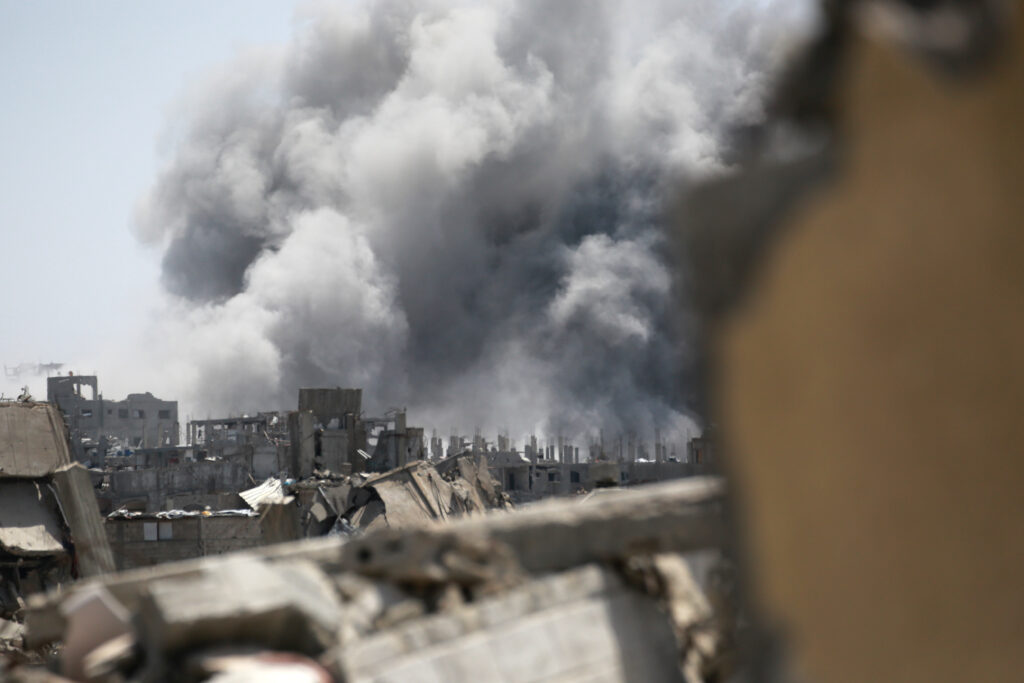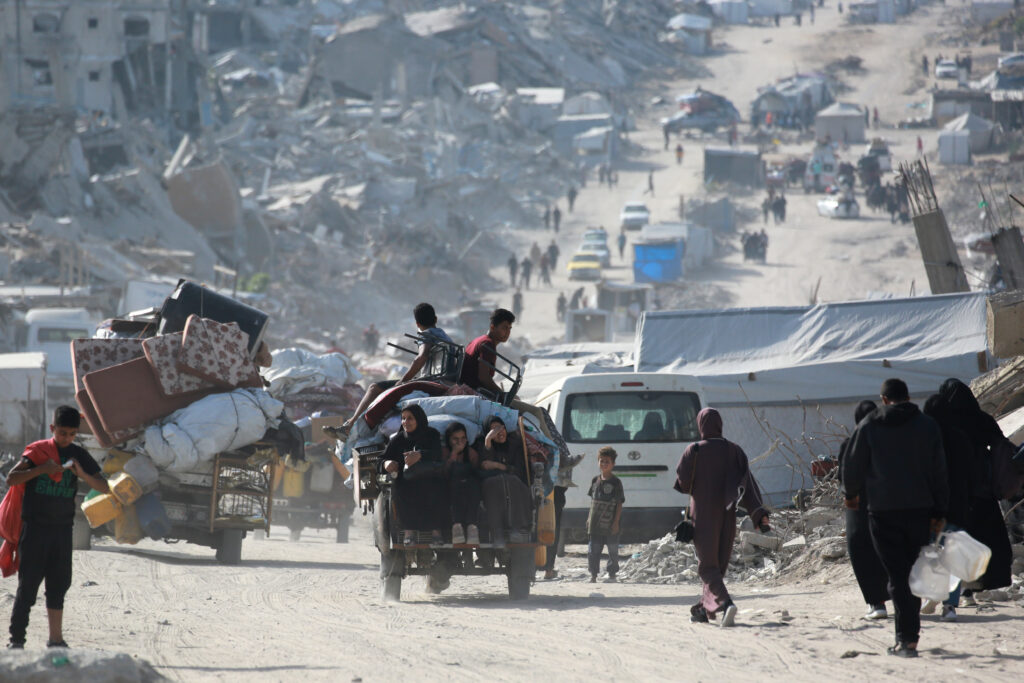YouTube star educator Ms Rachel draws ire over Gaza appeals
At first glance, the Instagram profile of Ms Rachel fits the image an influencer who has won millions of devoted subscribers for her sing-songy educational content for toddlers and parenting tips.In a pink hairband and denim dungarees, the 42-year-old mother-of-two doles out advice on potty training kids and moral support for struggling parents — always with a reassuring smile.So it was an abrupt shift last year when she began speaking out about the plight of children in Gaza, peppering her account with appeals for aid that sowed discord among followers and spurred calls for a federal investigation.”I think it should be controversial to not say anything,” she said a recent interview with independent anchor Mehdi Hassan, of the mounting backlash against her fundraising and advocacy.”It’s sad that people try to make it controversial when you speak out for children that are facing immeasurable suffering. Silence wasn’t a choice for me,” she added.That compulsion has put a spotlight on the beloved figure in millions of households, the American early childhood educator and social media sensation known offline as Rachel Accurso.The fallout comes at a perilous moment for children in the war-battered Palestinian enclave, where aid has only just begun to trickle in after Israel cut it off for weeks, and where aid groups have sounded the alarm over food shortages and famine.But the backlash against her activism — which she has aimed at parents on social media, rather than in her videos for children — reflects broader polarization in the United States over the war that has swept campuses, offices and society at large.- ‘All children, in every country’ -In May last year, Accurso launched a fundraising drive that gathered $50,000 for Save the Children.But she spoke also spoke tearfully about the vitriol and “bullying” that came streaming in the form of allegations of anti-Israeli bias.”Palestinian children, Israeli children, children in the US — Muslim, Jewish, Christian children — all children, in every country,” she wrote in response. “Not one is excluded.”Allegations of anti-Israeli bias and anti-Semitism have only mounted since.And so too the toll among children in Gaza, where the Hamas-run health ministry says more than 10,000 children have died since the October 2023 attack on Israel by Hamas that left 1,218 people on the Israeli side dead.A privately funded pro-Israel lobby group last month urged US Attorney General Pam Bondi to investigate whether Accurso “is being funded by a foreign party to push anti-Israel propaganda to skew public opinion.”The organization StopAntisemitism, which describes itself as a grassroots watchdog, alleged Accurso was spreading “Hamas propaganda.”But it also acknowledged that Accurso had posted in support of Israeli children, including Ariel and Kfir Bibas who were the youngest hostages taken by Hamas and died in captivity.Accurso told The New York Times the accusation she is being funded by Hamas was “absurd” and “patently false.””The painful reality,” the newspaper quoted her as saying, “is that Palestinian children in Gaza have been killed by the thousands and continue to be killed, maimed and starved right now. The idea that caring about one group of children prevents us from caring about another group of children is false.”- ‘You should be ashamed’ -Accurso has deactivated comments on some of her posts urging support for Palestinian children. But commentators on other posts reflect the depth and breadth of emotions that have erupted over her posts.”Love your show. Not your politics,” one user wrote under a Ms Rachel Instagram post promoting an interview on her activism. Another commentator says: “Ms Rachel is a national treasure.”Among those voicing support for the megastar was Tommy Vietor, who worked with former president Barack Obama and hosts the popular Pod Save America podcast.”Antisemitism is a real problem and cynically and dishonestly making those allegations for political purposes makes things worse, not better,” Vietor wrote, dismissing the anti-Semitism allegations.Accurso has ultimately doubled down, despite the criticism.She recently posted images of her meeting with Rahaf, a three-year-old girl from Gaza who lost both her legs in an attack.”We know treating children like they are being treated in Gaza isn’t right morally and ethically. We know it in our souls and hearts,” she wrote along with a picture of the two embracing.”Leaders who are silent and not helping these children, you should be ashamed. Your silence will be remembered.”





